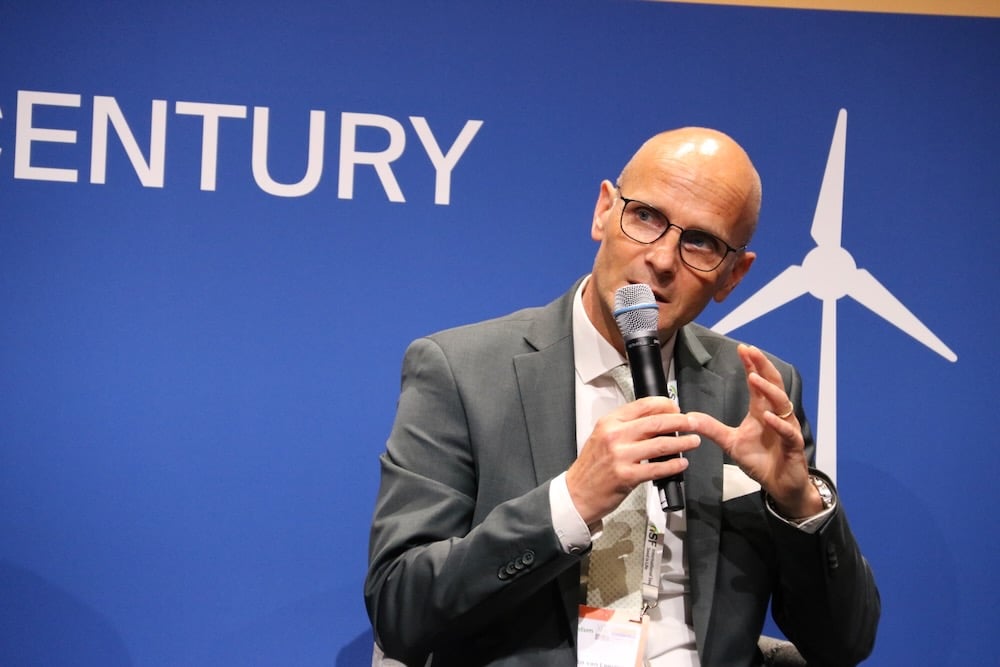Global agreement targets illegal seeds

A memorandum of understanding, signed at the World Seed Congress in the Netherlands, is aimed at fighting the illegal use of seed.
Read Also


Global instability affects seed trade
Leaders of international seed organizations and companies warn that various countries’ failure to follow global trade rules could threaten the seed trade and human food security.
The effort involves 13 organizations from around the world, including the Seed Association of the Americas, of which Canada is a member.
Why it matters: Payment for seeds helps fund the development of newer and more advanced varieties, which aids farmers in growing more productive crops.
The agreement means the organizations will work together by sharing information and communications campaigns about illegal seed use.
“We want to ensure a farmer has the best improved varieties in their hands and they have trust in what they are buying,” says Michael Keller, executive director of the International Seed Federation.
While there is some concern about farmers saving privately developed seed in Canada, the challenges in Canada pale compared to other parts of the world. Canada is unique in that much of the wheat seed grown in Western Canada is from public breeding programs and farmers save seed without the need to pay a royalty.
However, much of the canola, corn and soybean seed planted in Canada require payment for use.
There’s more concern with non-farmers collecting and reselling seed for profit.
Antonio Villaroel, managing director of Spain’s Gestión de Licencias Vegetales (GESLIVE), said that of 750 cases his group has taken to court over the past 30 years, only about 12 were farmers. He says that when GESLIVE started investigating illegal seed 30 years ago that 80 per cent of the wheat seed in his region was illegally saved. Now the numbers have reversed to where 20 per cent is illegal and 80 per cent of the seed is traded legally.
Of greater concern than farmers are other industry sellers of illegal seed including some co-operatives, grain traders and seed dealers.
In Brazil, Diego Risso, executive director of the Seed Association of the Americas, says about 40 per cent of soybeans planted there could be illegally grown.
The announcement was made at the International Seed Federation’s World Seed Congress where deal-making on seed is common, with a large room with 300 tables kept busy over three days.
Marco van Leeuwen, outgoing president of the ISF, says that the organization also has work to do to clean up what happens around the congress, and companies and individuals who are found to support the sales of illegal seed won’t be allowed at the congress.
“Events like the ISF World Seed Congress must not become a platform for infringers to trade in illegal seeds,” says Keller. “In fact, ISF has put in place a procedure to exclude entities and individuals who are proven to commit illegal seed practices from future congresses.”
Source: Farmtario.com

